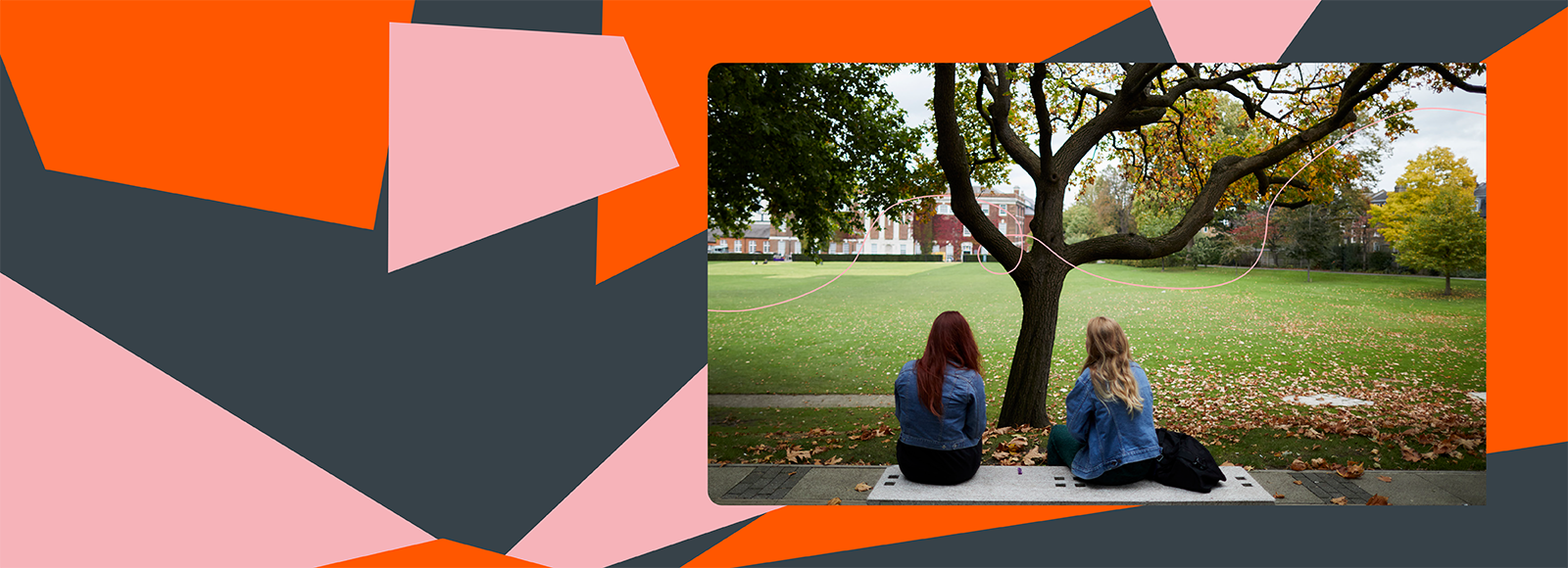- ...
Postgraduate Studentships - Search for funding opportunities.
Postgraduate Studentships - Search for funding opportunities.
Have you ever wondered how personal assistants like Siri and Alexa work, or how humans interact with chatbots and apps using natural language? Are you interested in how language is structured, what its social functions are, or how to build formal models of it? If so, then this programme is for you.
We would accept applicants with an Upper Second-Class Bachelor’s or equivalent degree in either a humanities or a science subject.
Degree results below the upper second class would be considered where there are indications of academic strength.
Although we don’t require prior study of linguistics or computer science, whilst evaluating applications, we do look for evidence of the following:
A high level of competence in written and spoken English is also required.
See our website for fees
You’ll learn to manage and process language data, extract meaning from raw information, and reflect on the insights you have gained and their implications. You’ll develop the empathy and awareness you need to communicate the results of the analyses and tools you develop, as well as their applications, to a wide range of potential stakeholders and users.
These skills lead naturally to a variety of careers with employers from the technology sector, financial sector, biomedical research, the charitable and voluntary sector, and academic research.
The programme’s structure, in particular the final project and preparation for it, encourages you to engage with external organisations and provides networking opportunities to help you identify your preferred career path. In addition, we’ll engage with local employers and global organisations to develop partnerships and internship opportunities for students to further develop their professional skills and competencies.
You’ll take the following compulsory modules:
Module title
Core Issues in English Language & Linguistics 30 credits
Data Programming 15 credits
Corpus Linguistics 15 credits
Machine Learning 15 credits
Natural Language Processing 15 credits
Final Project 60 credits
Option modules
You’ll also take a further 30 credits of option modules from across the two departments. Listed below you’ll find details of the current option module provision, although please be aware that not all modules will be available each year (for example, due to staff research leave).
Module title Credits
Data Science Research Topics 15 credits
Statistics and Statistical Data Mining 15 credits
Big Data Analysis 15 credits
Data Visualisation 15 Credits
Artificial Intelligence 15 credits
Neural Networks 15 credits
R Programming 15 credits
Introduction to Research Methods 15 credits
Interaction Science 15 credits
Discourse and Identity in Spoken Interaction 30 credits
Language & Ideology in Written Discourse 30 credits
Language in its Sociocultural Context 30 credits
Intercultural Discourse & Communication 30 credits
English in a Multilingual World 30 credits
The User Experience of Artificial Intelligence 15 credits
You may also choose up to 30 credits from Masters-level modules taught by other departments at Goldsmiths, where specifically approved by the Programme Co-ordinator.

A melting-pot of ideas, one creative powerhouse One Goldsmiths At Goldsmiths, academic excellence and imaginative course content combine to make a pla...
Sign up to Postgraduate Studentships
Sign up to compare masters
Thanks for making your selection. Click below to view your comparisons.